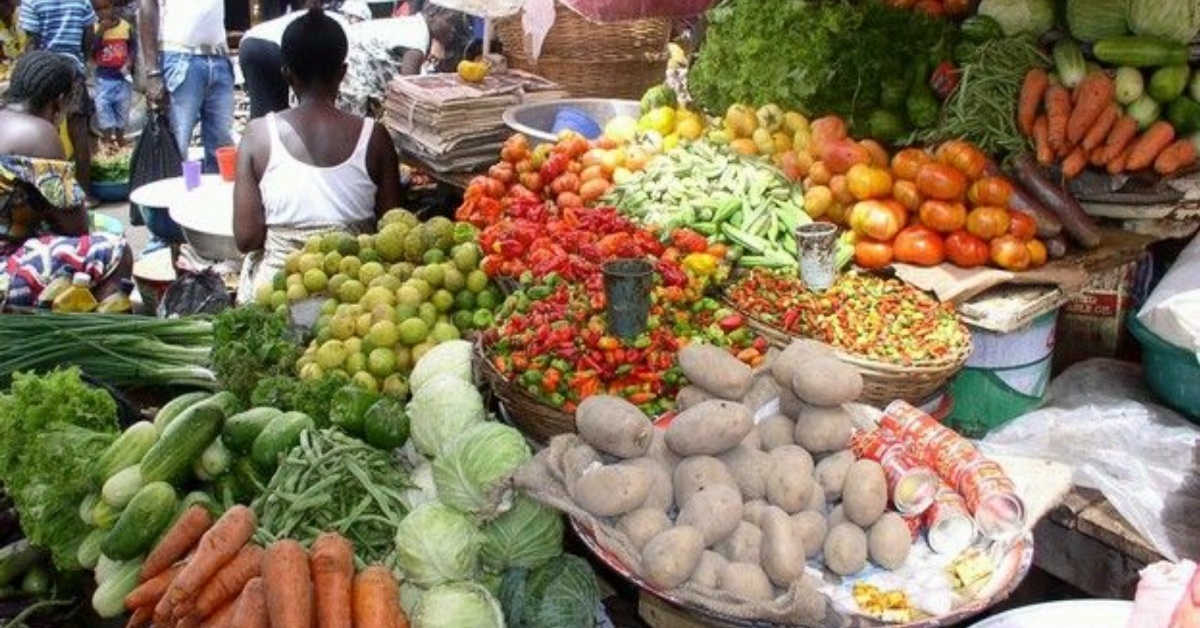One of the most pressing issues facing humanity is the need to transform food systems to become more equitable, environmentally sustainable, deliver healthy diets for all, and more resilient to disruptions.
With the threat of climate chaos everywhere and global disruptions such as Russia’s invasion of Ukraine and the Israel/ Gaza war fresh on our minds, developing food systems that can keep nutritious food moving from farm to consumer, regardless of what is happening in politics, climate or the economy, is vital.
The need to create more resilient food systems was front and center at the COP28 conference in Dubai last November 2023. This conference included a political declaration on sustainable agriculture, resilient food systems, and climate action.
Another COP28 announcement that illustrates how important these topics have become was the Alliance of Champions for Food Systems Transformation (ACF) creation. The ACF is a coalition of countries that aims to take a “whole-of-government” approach to driving systemic change across five key outcomes: food and nutrition security, equity and livelihoods, adaptation and resilience, mitigation and nature, and biodiversity.
Building such a movement involves breaking traditional silos that keep policymakers, industry, and academics apart. For years, governments and movements have been working with the International Global Panel on Agriculture and Food Systems for Nutrition to help achieve these goals.
Out of this global effort, Sierra Leone has emerged as a fascinating case study with the launch of the “Feed Salone Initiative.” Sierra Leone, a co-chair of the ACF, has been working to address food security issues since at least 2023 when President Julius Maada Bio launched the Feed Salone initiative.
Feed Salone aims to boost agriculture productivity, fuel economic growth, decrease dependence on imports, and reduce hunger.The initiative provides multiple opportunities to build a food system that can deliver sustainable, healthy diets and is buttressed by a new Presidential Initiative on Climate Change, Renewable Energy, and Food Security.
These developments reflect the Sierra Leone government’s prioritization of transforming food systems. They highlight an opportunity for foreign aid donors like Canada to build on existing food security programming, ensuring their support matches Africa’s ambitions to have more resilient, and equitable, and sustainable food systems.
This focus on food systems is well-justified. Sierra Leone, like many other African nations, faces growing challenges to its food and nutrition security due to various threats.
An increasingly volatile world is disrupting essential supply chains, which is particularly concerning since 80 percent of foodstuffs consumed in the country were imported as of 2020. Persistent inflation and a mounting African debt crisis further threaten imports.
As a result, Sierra Leone is similar to several African nations seeking to increase domestic production.
However, these efforts are challenged by intensifying climate change, heavy rainfall, and declining soil fertility, partly driven by land degradation and deforestation.
These crises threaten the vision of universal access to sustainable and healthy diets. Healthy, resilient, and sustainable food systems have knock-on benefits for economic development by improving the livelihoods of 60 percent of the population involved in food production.
Transformation of food systems will also boost workforce productivity and reduce the degradation of the natural environment. A strong and resilient food system is an essential foundation on which Sierra Leone’s and all of Africa’s future rests.
Providing food and nutrition security remains a substantial challenge. An estimated 42 percent of Sierra Leone’s population is food insecure, and inflation hovers around 27 percent. This has exacerbated the vulnerability of some citizens.
Some progress has been made over the past twenty years, particularly in breastfeeding rates (54 percent in 2021 compared with three percent in
2000), reductions in stunting (26 percent in 2021 compared with 45 percent in 2005), and decreases in wasting (four percent in 2021 compared with 10 percent in 2005).
However, 28 percent of women still suffer from anemia, and the under-five mortality rate was approximately 10.5 percent in 2021. These hard-won gains face a challenging future.
Recent data published by the UN paints a challenging picture. Climate change, conflict, and geopolitical instability threaten to make matters worse.
Sierra Leone, like much of Africa, is at a crossroads. Unless food systems can transform to deliver universal access to resilient, affordable, and sustainable healthy diets, hunger and malnutrition will lurk around to illustrate a major development challenge on the continent.











